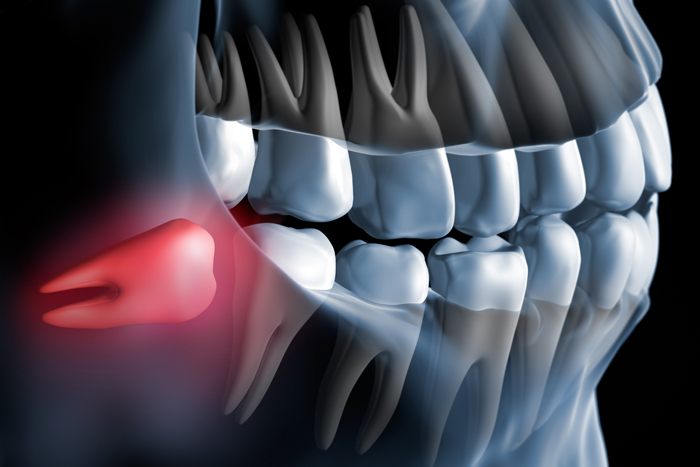Your wisdom teeth are the third molars at the back of your mouth. Your wisdom teeth usually grow through by your mid-twenties, although some people find that they grow through earlier or later. When your wisdom teeth don’t come through properly, they can cause problems including swelling, pain and infection. You can ease these symptoms by having your wisdom teeth removed.
Should I Have My Wisdom Teeth Removed?
Many people experience no issues with their wisdom teeth. However, some people experience issues where there is not enough space in the mouth for the teeth to come through. This can lead to the wisdom tooth becoming impacted. Sometimes bacteria can become trapped in an impacted tooth, leading to sore and swollen gums. If you’re experiencing these symptoms, your dentist may recommend that you have your wisdom tooth removed.

